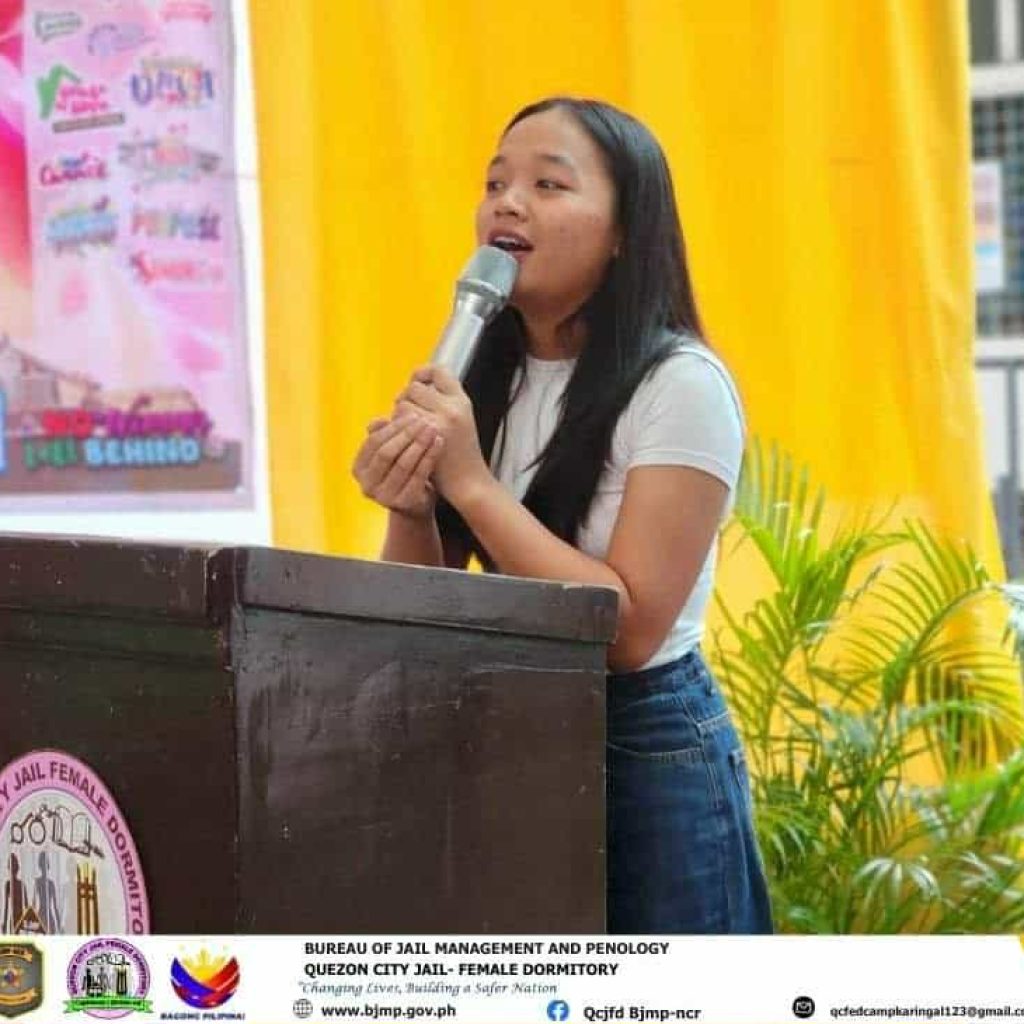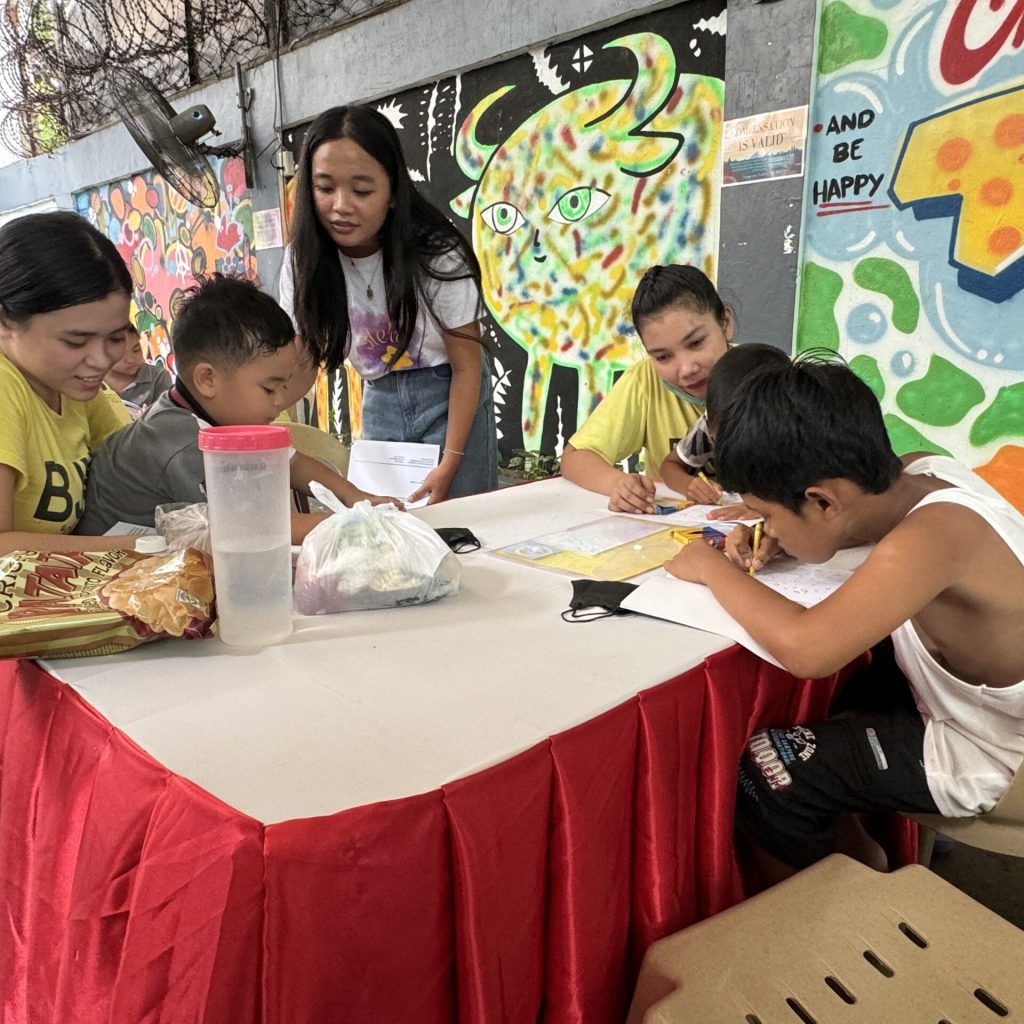I have witnessed firsthand how hope can illuminate the darkest corners of our society. This hope drives the relentless pursuit of justice, even in a landscape fraught with challenges. But is it truly worth fighting for human rights, especially for those in confinement?
My “Hope in Confinement” article won the prestigious 14th Human Rights Pinduteros Award for Best in Right-Up of the Human Rights Online Philippines, at the Cocoon Boutique Hotel, last year.
I sought help reax from both my communication and development communication students since this was a criterion for winning. Yet for me, it was a strategy to let them have a glimpse of human rights, they were my target.
Initially, it was a piece for students, interns, and volunteers to read. Letting them understand the human rights narrative in the Philippines, especially to those in detention.
Over the past few years, the human rights community has progressively grown to a number of advocates — discussing and creating different activities and events for those vulnerable.
Overcrowded jails, arbitrary detentions, and inadequate legal representation plague individuals, many of whom are marginalized — children, women, the sick, the elderly, the poor, members of the LGBTQIA+ community, and persons with disability, among others, due to poverty and systemic inequality. Those deprived of their liberty often endure conditions that are not only inhumane but also violate their basic rights as human beings. Yet, amid this bleak reality, hope prevails, I have witnessed.
A Guiding Principle
Hope serves as both a motivator and a guiding principle in human rights advocacy. It inspires us to believe that change is possible, even when the obstacles appear insurmountable.
For the families of those imprisoned, hope fuels the fight for their loved ones’ freedom — our paralegal family remedies bridge their legal connection.
One particularly poignant example comes to mind: a young man I met during my advocacy work who had been imprisoned for years for a crime he did not commit. His spirit remained unbroken, emanating an unwavering hope that one day, he would be released. It was this hope that galvanized our programs in HLAF for his release, ultimately resulting in his immediate release, locating his family, and facilitating his reintegration which not only freed him but also sparked a broader conversation about collective action and community support in our society.
Hope thus becomes a catalyst for systemic change. It allows us to envision a future where human rights are not merely aspirations but are upheld as fundamental rights for all. It emphasizes that every effort, no matter how small, contributes to the larger tapestry of societal transformation.
Hope is the antidote that empowers us to continue this crucial advocacy. It reminds us that every act of solidarity, every activity, and every compelling story contributes to promoting the rights, welfare, health, and well-being of many.
In a country where hope can sometimes feel scarce, continue to become beacons of that hope. Together, we can advocate for a future where human rights are upheld, and where every individual, regardless of their circumstances, is treated with the dignity and respect they deserve.
In this situation, hope truly is our most potent antidote.







